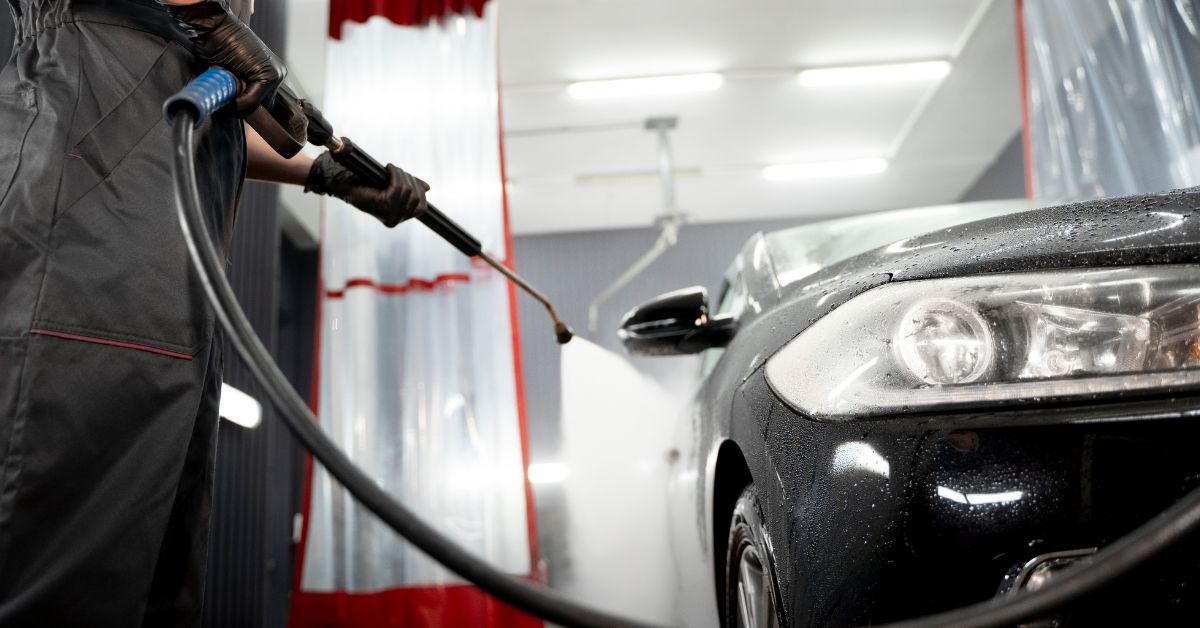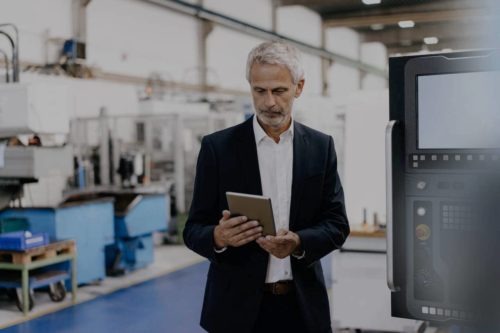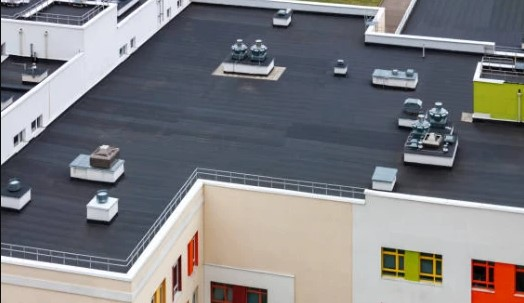How Installation and Maintenance Affect Car Wash Machine Price

When evaluating the cost of a car wash machine, the immediate price tag is only part of the story. For businesses and institutions investing in car cleaning systems, installation and maintenance play a significant role in the overall car wash machine price. Understanding how these two factors influence cost can help decision-makers plan better and avoid unexpected expenses.
Initial Investment Beyond the Machine Itself
The car wash machine price often quoted by suppliers typically refers to the base equipment alone. However, setting up a car wash system requires several additional components and professional services. Installation involves groundwork, plumbing, electrical wiring, and configuring the machine for optimal operation. The complexity of this process varies depending on the model—automated systems may require more advanced electrical and mechanical integration.
For example, a touchless automatic car wash system will need high-pressure water connections, sophisticated control panels, and secure anchoring, all of which require skilled technicians. These installation requirements can add a considerable percentage to the original equipment cost. It’s essential to factor this into the budgeting process when evaluating a car wash machine price.
Custom Site Requirements and Their Impact
Every car wash site has its unique layout and challenges. Whether it’s a commercial car park, service station, or dedicated car wash center, the existing infrastructure significantly affects installation costs. Sites lacking proper drainage, water supply systems, or electrical capacity might need upgrades before the equipment can be installed.
These site modifications are often not included in the base car wash machine price but can dramatically affect the total cost of ownership. Businesses that proactively assess their site before purchase can avoid costly delays and ensure smoother installation timelines.
Ongoing Maintenance: A Hidden Influencer of Cost
While installation is a one-time cost, maintenance is an ongoing requirement that directly influences the long-term car wash machine price. Machines must be serviced regularly to prevent breakdowns, optimize performance, and ensure safety. Regular maintenance includes inspecting nozzles, checking water pumps, replacing worn-out brushes, and updating software in more advanced systems.
Ignoring maintenance can lead to reduced cleaning quality, higher utility costs due to inefficiency, and potential system failures. When these failures occur, emergency repairs or replacements often come with a premium cost. Thus, a machine that appears to be a bargain at first may prove costlier over time if it requires frequent, expensive upkeep.
The Role of Spare Parts and Technical Support
Another hidden cost tied to maintenance is the availability of spare parts and technical support. Some machines are designed using proprietary components, meaning replacements can only be sourced from specific providers. These parts are often priced higher and may take time to arrive, especially if they need to be shipped internationally. Downtime during this period leads to lost revenue, making reliable support and quick access to parts a critical consideration.
Therefore, a slightly higher car wash machine price from a vendor that offers robust after-sales service and local part availability might be a more cost-effective option in the long run.
Training and Operational Efficiency
Installation and maintenance also intersect with training. Operators must be trained to handle the equipment properly, identify signs of wear, and carry out basic maintenance tasks. Well-trained staff contribute to the longevity of the system and help prevent user-related damage.
In many cases, training services are bundled with the installation package, but not always. When not included, training becomes an extra cost that further adds to the effective car wash machine price. However, this investment pays dividends in reduced repair costs and extended equipment life.
Energy and Water Efficiency: Long-Term Financial Impact
Machines that are easy to maintain tend to be more energy and water-efficient. Clean filters, well-functioning pumps, and properly calibrated sprayers use fewer resources while delivering better results. A well-maintained system reduces operational costs, a crucial factor when evaluating the total car wash machine price over its lifespan.
Conversely, systems that are difficult or expensive to maintain might consume more energy and water, inflating utility bills. Over the course of a year or more, these costs can significantly outweigh the savings from purchasing a cheaper but inefficient machine.
Conclusion: Look Beyond the Sticker Price
While it is tempting to focus solely on the base price of a car wash machine, smart investors consider the full lifecycle cost. Installation complexities, site-specific needs, ongoing maintenance, spare parts, and training all contribute to the actual cost of owning and operating a car wash system.
Choosing a solution that offers professional installation, reliable technical support, and efficient maintenance services ensures that the machine operates at peak performance with minimal disruption. When these factors are weighed appropriately, businesses can achieve better value and long-term savings, even if the initial car wash machine price is slightly higher.
Ultimately, the true price of a car wash machine is determined not just by the equipment itself, but by the ecosystem of services and support that surround it.






